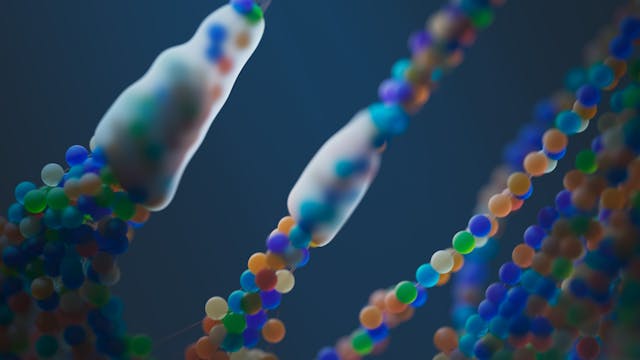CRISPR and Beyond: The Future of Gene Editing and Ethics
Gene editing technology has come a long way, with CRISPR leading the charge. This powerful tool allows scientists to precisely change DNA, opening doors to treat diseases, improve crops, and possibly even alter human traits. But as exciting as the future looks, it also raises important ethical questions.
Let’s dive into what CRISPR is, where gene editing is headed, and why ethics matter more than ever.

What Is CRISPR?
CRISPR stands for “Clustered Regularly Interspaced Short Palindromic Repeats.” In simple terms, it’s a method scientists use to cut and edit genes with great accuracy. Think of it as molecular scissors that can remove, add, or replace pieces of DNA.
Since its discovery, CRISPR has revolutionized biology because it’s faster, cheaper, and easier than older gene-editing methods.
The Promising Future of Gene Editing
1. Curing Genetic Diseases
CRISPR holds the potential to treat conditions caused by faulty genes, like sickle cell anemia, cystic fibrosis, and some cancers. Researchers are already testing therapies that edit genes directly in patients.
2. Improving Agriculture
Gene editing can make crops more resistant to pests, drought, and disease. This could help feed a growing global population while reducing the need for harmful pesticides.
3. Environmental Benefits
Scientists are exploring gene editing to protect endangered species, control invasive species, and reduce disease-carrying insects like mosquitoes.
Ethical Challenges and Concerns
While the possibilities are exciting, gene editing also brings serious ethical questions:
1. Human Germline Editing
Editing genes in embryos means changes pass to future generations. This raises concerns about “designer babies” and altering human traits in ways that could affect society.
2. Safety Risks
The technology is still new, and unintended effects (called “off-target” changes) could cause harm. Long-term impacts are unknown.
3. Equity and Access
Who gets access to gene-editing treatments? If only the wealthy benefit, it could increase inequality.
4. Consent
Editing embryos means future individuals can’t consent to changes made before they’re born.
The Role of Regulation and Public Debate
Governments and scientists worldwide are working to create rules that balance innovation with safety and ethics. Public input is essential because gene editing affects all of society.
Many call for strict oversight, transparency, and open discussion about how far we should go with this powerful technology.
Beyond CRISPR: What’s Next?
CRISPR is just the beginning. New gene-editing tools like prime editing and base editing offer even more precise changes with fewer risks. These advances could expand what’s possible but will also require ongoing ethical consideration.

Final Thoughts
Gene editing, led by CRISPR, promises to transform medicine, agriculture, and the environment. But with great power comes great responsibility. As this technology evolves, society must carefully weigh the benefits against the ethical challenges.
The future of gene editing isn’t just about science—it’s about making thoughtful choices that respect life, fairness, and humanity.












